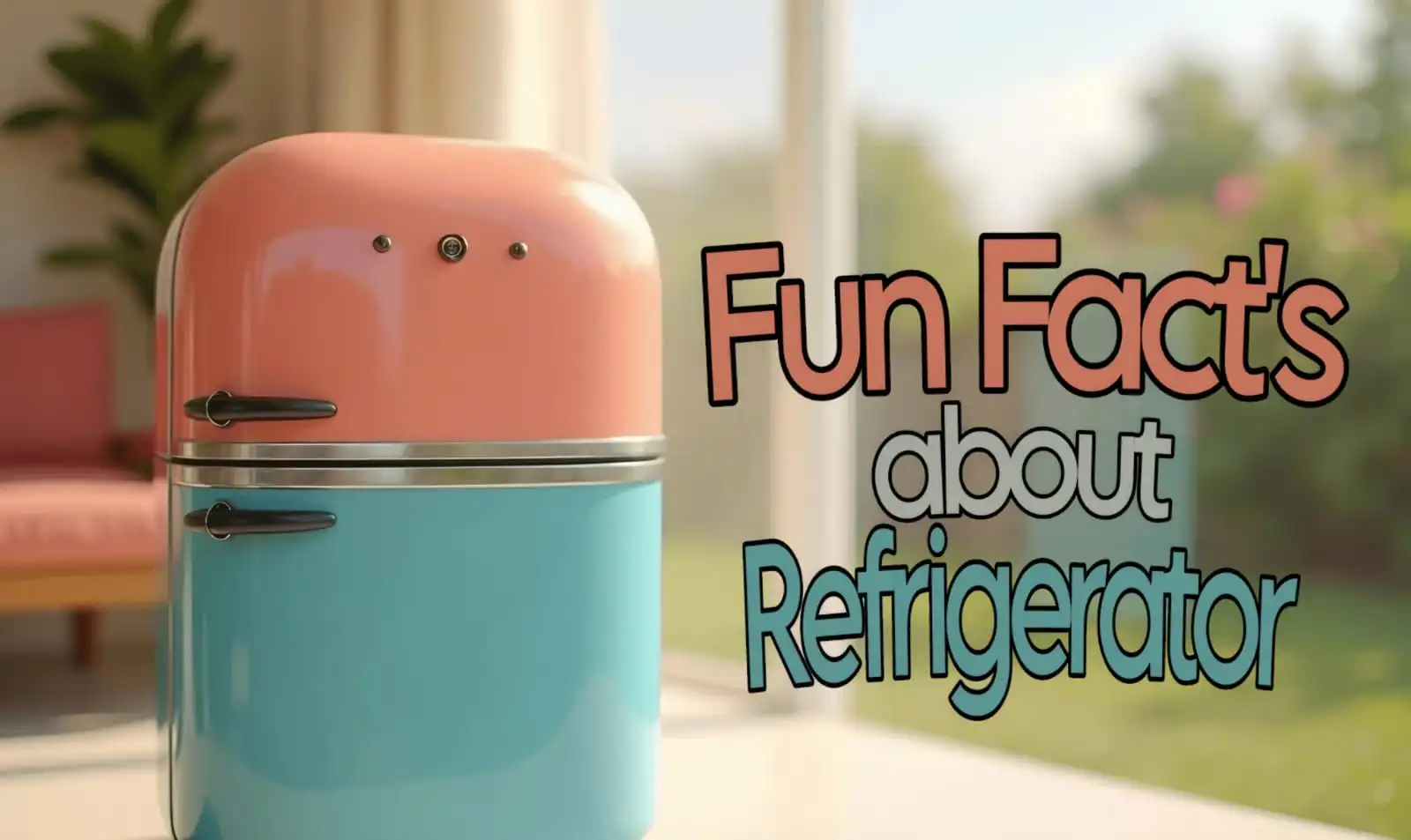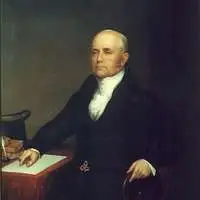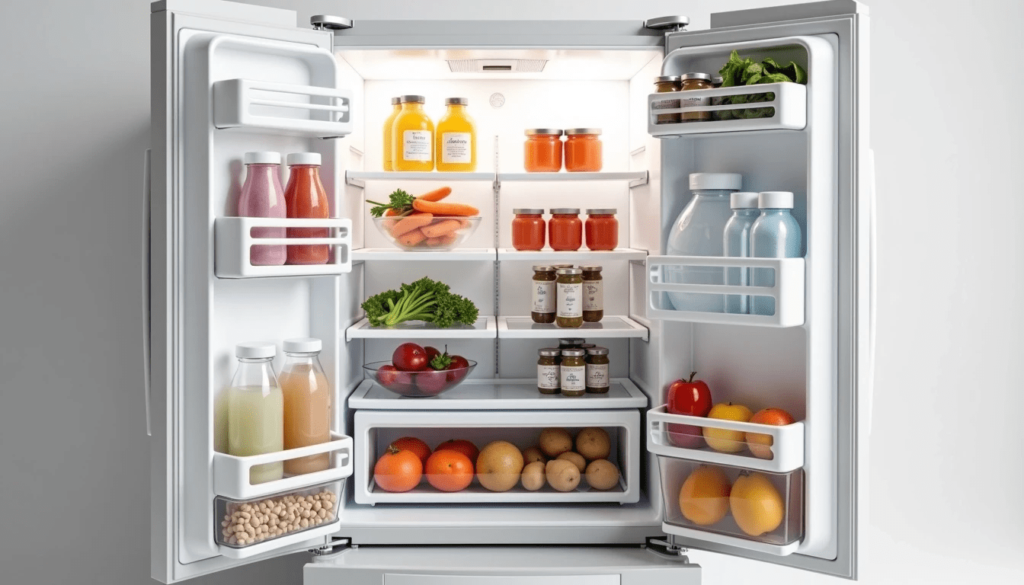
What is a fun fact about refrigeration?
You’re about to find out — and it’s cooler than you think (literally). Long before electric fridges, people stored food using snow, caves, and some wild hacks you wouldn’t expect. In this article, we reveal the weird, wonderful, and mind-blowing history of refrigeration — including one fact that will completely freeze your brain!
What is a Fun Fact About Refrigeration?
Here’s a fun fact: The first household refrigerator was sold in 1913, but before that, people relied on iceboxes! These iceboxes were literally wooden or metal boxes lined with insulation and filled with ice. Imagine going to the market just to buy ice for keeping your milk and vegetables fresh. Sounds tiring, right?
Another mind-blowing fact is that the development of refrigeration completely changed the way we eat. Before refrigerators, people had to rely on salting, drying, or pickling to preserve food. Now, we can store fresh fruits, vegetables, dairy, and even leftovers for days without worrying about spoilage!
Who Invented Refrigeration?

The concept of refrigeration dates back centuries, but the first practical refrigeration system was developed by Jacob Perkins in 1834. He is often called the “Father of the Refrigerator.” His design led to the refrigerators we use today.
Before Perkins, people experimented with different cooling methods. The first successful artificial refrigeration system was invented by William Cullen in 1755. Later, Carl von Linde improved the process in the 1870s, making refrigeration more efficient and accessible.
What are the Good Things About Refrigeration?
Refrigeration has transformed our lives in multiple ways:
✅ Preserves Food Longer – It slows down bacteria growth, keeping food fresh for days or even weeks.
✅ Saves Money – Reduces food wastage by preventing spoilage.
✅ Supports Healthcare – Many medicines and vaccines require refrigeration to remain effective.
✅ Makes Life Easier – No need to buy food daily; you can store it for later use.
✅ Boosts the Economy – Refrigeration enables the global trade of perishable goods, such as dairy, seafood, and meats.
What is Special About Refrigerant?
Refrigerant is the key ingredient that makes cooling possible. It absorbs heat from inside the refrigerator and releases it outside. Over time, different refrigerants have been used, such as:
CFCs (Chlorofluorocarbons) – Harmful to the ozone layer, now banned.
HCFCs (Hydrochlorofluorocarbons) – Less harmful but still being phased out.
HFCs (Hydrofluorocarbons) – Better for the environment but contributes to global warming.
Natural Refrigerants (CO₂, Ammonia, Propane) – Eco-friendly alternatives gaining popularity.
What is the Lifespan of Refrigeration?

A typical refrigerator lasts 10 to 20 years. High-end brands may last longer if properly maintained. Regular cleaning, checking door seals, and ensuring proper ventilation can extend its lifespan.
What is the Theory of Refrigeration?
Refrigeration works on the principle of heat transfer. The system removes heat from an enclosed space (like a fridge) and transfers it to the outside environment. This process happens through four main steps:
Compression – The refrigerant gas is compressed and heated.
Condensation – The gas cools down and turns into a liquid.
Expansion – The liquid refrigerant expands, lowering its temperature.
Evaporation – The refrigerant absorbs heat from inside the fridge, keeping it cool.
What is the Basic Knowledge of Refrigeration?
Refrigeration involves maintaining a low temperature in an enclosed space by removing heat. This process is used in:
Household Refrigerators – Keeping food fresh.
Industrial Refrigeration – Cold storage for food processing.
Medical Refrigeration – Storing vaccines and medicines.
Air Conditioning – Cooling air in homes and buildings.
Is Refrigeration a Good Job?
Yes! Refrigeration technicians are always in demand. It’s a well-paying job with opportunities in HVAC, industrial cooling, and commercial refrigeration.
Which Gas is Used in a Fridge?
Modern refrigerators use HFC-134a or R-600a (Isobutane) as refrigerants.
Why is AC Refrigerant Banned?
Some refrigerants, like CFCs and HCFCs, are banned because they deplete the ozone layer and contribute to global warming.
Which Refrigerant is Better in AC?
R-410A and R-32 are commonly used because they are energy-efficient and environmentally friendly.
Do Fridges Expire?
Yes! Over time, fridges lose efficiency. If your fridge is over 15 years old, it may need replacement.
What is Another Name for a Refrigerator?
It’s also called a fridge, icebox, or cooler.
What is COP in Refrigeration?
COP (Coefficient of Performance) measures refrigeration efficiency. A higher COP means better energy efficiency.
Final Thoughts: Stay Cool and Smart!
Refrigeration has come a long way, from ancient cooling methods to smart fridges with digital controls. It’s not just about keeping food fresh but also about convenience, health, and environmental responsibility.
What’s your favorite fact about refrigeration? Let us know in the comments! If you found this article helpful, don’t forget to share it with your friends and family. Stay cool, my brother/sister! 😎
✅ Don’t Miss Out! Want more mind-blowing facts? Subscribe to our blog for the latest updates!
For Further Please Visit.






